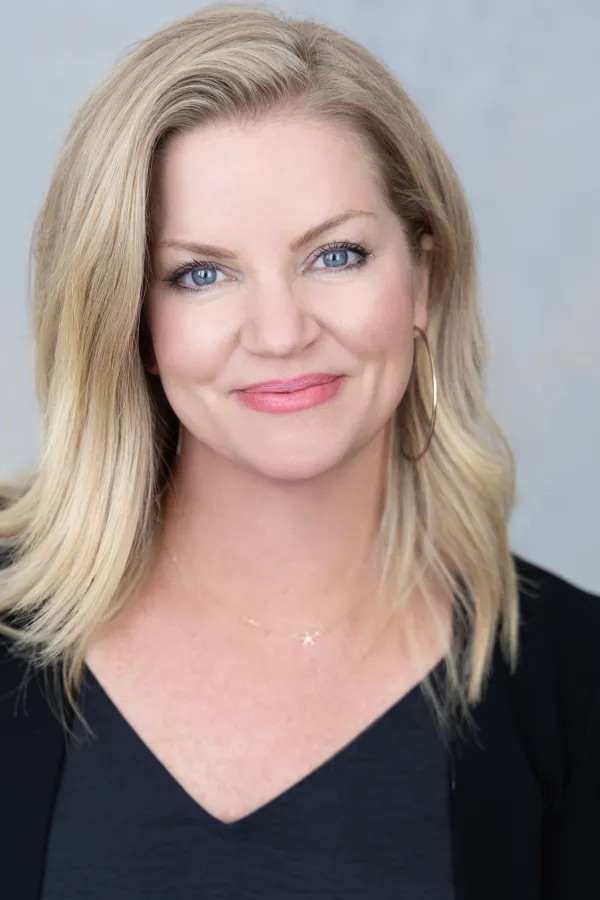Extracurricular Activities ― How Much Is Too Much?
Santa Barbara Clinical Psychologist Dr. Andrea Gurney Encourages Play and Exploration over Performance Pressure

When deciding what parenting topic to write about this week, I asked several fellow moms what issues they were interested in. The overwhelming response: extracurricular activities — specifically, how much is too much?
This question immediately made me anxious, because my own kids fall on the very opposite end of the spectrum, and are not currently signed up for anything.
Despite my husband and me being the perpetual cheerleaders of team “Go Sign Up for Something!”, our kids have been steadfastly resisting. To be fair, they’ve dipped their toes into various extracurricular pools — from soccer to ice hockey and figure skating — only to decide that these pursuits weren’t for them.
I’ve held firm on the principle that they must see their commitments through, but this year, I’ve begun to question the wisdom of shelling out two to three hundred bucks for registrations when it means they’ll grumble their way through practices and games each week.
As it stands now, my kids are content with coming home from school and immersing themselves in activities like building with Legos, exploring the backyard, or inventing intricate games. And you know what? I’m perfectly okay with that. But that doesn’t mean I don’t sometimes wonder whether I should be pushing them harder to try new things.
In a world where children seem to be starting club and travel sports earlier than ever, the nagging question lingers: Am I doing my kids a disservice by letting them chart their own course? Will they lag behind their peers in middle school or beyond when team sports and activities become more important to them? What if they want to play, but can’t make the team? Does that even matter?
To unravel this web of uncertainty, I sought the wisdom of Dr. Andrea Gurney. She is an author, clinical psychologist, and professor at Westmont College. Her insights and advice shed light on the balance between encouraging extracurricular activities and averting over-scheduling.

“Childhood should be about play, exploration, and discovering one’s passions,” Gurney reminded me. While extracurricular activities certainly impart valuable life skills, they should never replace the magic of free play and downtime. Gurney emphasized that “boredom fuels imagination and creativity.”
So, as long as our kids are enjoying the activity, and the focus remains on fun rather than performance, it’s all good. The problem arises when childhood becomes dominated by performance metrics, Gurney explained.
”These days, we’ve placed too much emphasis on performance, and as a result, we’re witnessing more mental health issues,” she said. “By the time they go to college, they are over-stressed and over-scheduled, and they don’t know what to do with downtime. Kids need unstructured downtime; it is essential for their development.”
But how do we strike the right balance? Gurney’s advice: Trust your instincts.
“As parents, it’s crucial that we stay attuned to our children’s cues and resist imposing our own agendas on them,” she said. “We must ask ourselves if our desire for their participation in certain activities stems from their interests or our expectations.”
This might manifest differently in various stages of our kids’ development. For instance, with teenagers, we can engage them in discussions about their commitments and whether they want to take on more, while younger children who can’t articulate their feelings may show signs of overstimulation, exhaustion, or resistance when over-committed, often through increased tantrums or complaining of headaches or stomach aches.
“In our hectic lives, it’s crucial to evaluate if each commitment aligns with our family’s well-being and values,” Gurney emphasized. “Sometimes, we need to pause and ask, ‘Is this my best “yes”?’ before adding one more obligation to our already busy schedules.”
We as parents are often just as over-scheduled and, in turn, over-stressed, and it is just as important for us to take the time for ourselves. In adults, unscheduled downtime is called “self-care.” That could be as simple as going for a walk, or having dinner together as a family.
“Sometimes we as parents aren’t modeling that downtime,” Gurney noted. “We need to nurture that and know it’s okay — that’s what our brains and bodies need to reset.”
Now that we’ve established how to recognize and avoid overdoing it, when is the right time to encourage our children to explore new activities and take on more?

“It depends on their temperament and interests,” Gurney said. “While it’s healthy for them to try new experiences, it’s equally crucial to respect their boundaries and unique interests.” She also cautioned that when kids use unscheduled downtime to retreat to their rooms or immerse themselves in screen time, that is not always healthy, and parents may need to explore whether there may be a deeper issue underlying their hesitation to join in activities. For example, are they afraid to try new things, or are they being bullied?
Gurney leaves us with a poignant reminder: Childhood isn’t about subjecting kids to performance-based pressure at a tender age. We should foster exploration, introduce them to various activities, and engage in open conversations about their fears and desires.
Ultimately, she concluded, as in most parenting decisions, there’s no one-size-fits-all approach. What works for one family may not work for another. Yet, as parents, we have the power to prioritize our children’s well-being, nurture their interests, and embrace the beauty of a balanced life.
Sara Bush is a happy wife, devoted mother of two, and journalist with a passion for storytelling. She also serves as a media relations consultant at Carra, a boutique marketing and media relations agency in Santa Barbara. Sara finds inspiration in the extraordinary joy that comes with the ordinary day-to-day of raising children.



You must be logged in to post a comment.